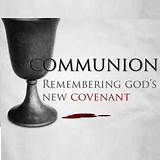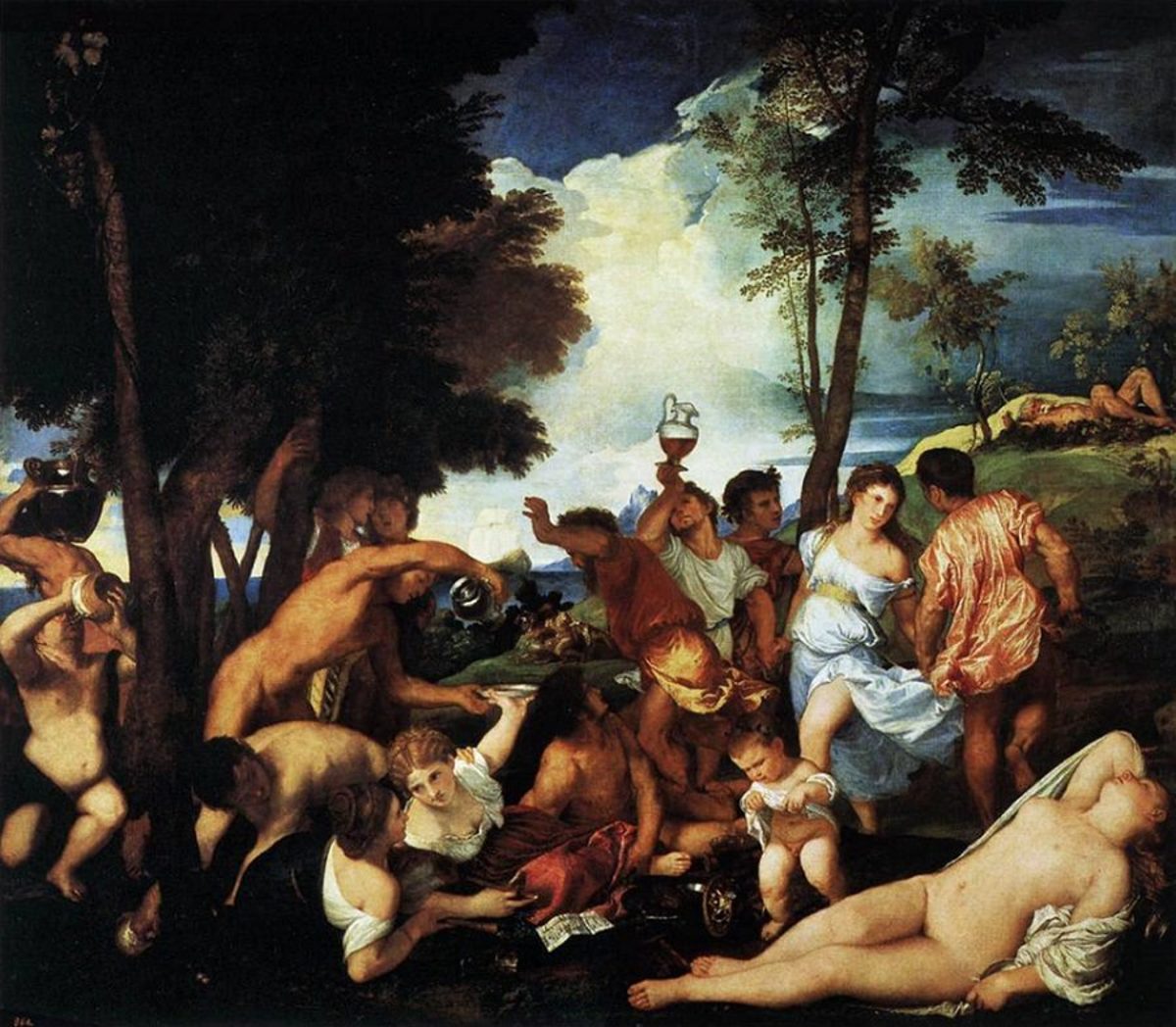What's the Purpose of Communion?




The Purpose of Communion
Those partaking of communion should know the proper attitude they should have. To help us see exactly why Jesus began this ordinance and commanded the church to carry it out until His return. The Lord's table is more than just an ordinance of the church, more than Christian duty, more than a religious ceremony, and much more than a portion of a Sunday morning or evening worship service. It's a practice Jesus instituted and instructed the church to continue until He returns.
What was the importance and significance of the communion ordinance? What was Jesus trying to impress upon us? In many cases today, we participate in religious practices without possessing a full understanding of what the Lord intended us to learn. So it is with the ordinance of "communion."
In Luke, chapter 22, we find the Lord on His way to Calvary. But before he went to the cross, He stopped long enough to share a Passover meal with His disciples. This Passover was unlike others they must have shared. This Passover became a new command and created a new ordinance Christians in all generations would continue.
Today we continue the practice Jesus began. We must not take that lightly. Those who pastor churches must take great care to administer the Lord's table in away pleasing to Him. Those who sit together at the Lord's table and share communion must not miss the intended purposes for gathering together.
Perhaps when you study and pray over these Bible principles, the Lord's table will take on a new meaning in your life as a child of God. We are to continue practicing this ordinance until the Lord's return. But how often should we, as a church body, sit together at the Lord's table? This is a question that has led to much discussion and various opinions.
However, what does the Bible say? Actually the Bible doesn't make any clear reference as to how frequently the Lord's table (communion) should be observed. The verse in 1 Corinthians simply states "as often as you eat this bread, and drink this cup." As you can see there is no set time given. This leaves the freedom of time for communion to be set within each local church.
However, there are a few things we should be aware of about taking communion. We should be careful the ordinance of communion doesn't become so customary and familiar we fail to give it proper purpose and understanding.
Churches vary in times they observe the ordinance. Some churches have communion every Lord's day. Others have communion once each month on the first or last Sunday of each month. Yet others in a month having a fifth Sunday. Then again, some schedule the observation to coincide with special holidays such as Thanksgiving, or Christmas.
We should practice communion without setting our limits upon others when it comes to the matter of when to hold communion. If the Word of God doesn't speak on this matter we must give one another the liberty to meet together for communion.
And there are other things to consider while we await Jesus' return. We are to preach. Jesus preached during His earthly ministry. We must continue this business of preaching, especially in our churches. In 1 Corinthians 1:21 we find the purpose for doing this.
"For after that in the wisdom of God the world by wisdom knew not God, it pleased God by the foolishness of preaching to save them that believe."
Another reason might be found in 2 Timothy 4:2. We also shouldn't forget to pray.
"Preach the word; be instant in season, out of season; reprove, rebuke, exhort with all longsuffering and doctrine."
"And he called his ten servants, and delivered them ten pounds, and said unto them, Occupy till I come" (Luke 18:1).
To occupy is to take possession of enemy territory. We are to stay in this battle with Satan until Jesus returns.



Principal Elements Used in the Command
The bread used in the Passover was always unleavened bread. Leaven, in the Bible, is always a type, of symbol for sin. This unleavened bread then, represented the sinless body of Christ, our Passover lamb.
It wasn't His intention for us to teach the bread actually became His flesh, but rather the bread is a symbol of His sinless life. He used this to teach an object lesson to His disciples and all generations of Christians to follow.
The "fruit of the vine" was used to represent His blood that was shed for the atonement of sin. The "fruit of the vine" was freshly pressed wine, not old or fermented. Great care was taken to remove leaven from the bread because it represented corruption, Then certainly the wine must have also been free from fermentation, another type of corruption. Jesus wasn't teaching the wine had actually become His blood, but rather it was an eternal symbol of His pure blood which was shed for the remission of our sins.
Practice of the Command
Christ intended for the practice of communion to be carried out by the church throughout all ages. The church was established by our Lord for two primary reasons: the evangelization of the lost world and the fellowship and edification of Christians. Jesus instituted communion and established its practice in the church for many reasons.
Evangelism. That's not to imply communion is part of God's plan for salvation. Rather, we are to show the unsaved what Christ has done for us.
Communion is a holy practice that shows forth the Lord's death. It's a lesson to all that Christ died for sin. It then, becomes a practice in evangelism.
Fellowship. The Lord's table is to be observed in the church that it might promote unity within the body. Sitting together at the Lord's table is to be practice in fellowshipping one with another. It's a time to cast aside anything that would end or destroy the unity within the body of the church.
The words we speak have great ability to bless or destroy. Communion is the perfect time to judge our words and confess as sin those which havn't been right and acceptable to God.
Attitudes. 1 Corinthians 6:20 tells us we are to glorify God in our spirit, and attitudes. Attitudes are the hidden sins of the heart, like bitterness, malice, hatred, jealousy, pride, unforgiveness, and covetousness. At the Lord's table, we should search our hearts and make sure our spirits are sweet and our attitudes bring glory to God.
Deeds. It's a time to judge our deeds. We who are saved are the ambassadors of Christ in this world. The communion service gives us an opportunity to examine our deeds and see if the way we live for others is a good representation of a Christian. The Lord's table is the time to examine one's life in every area. As the indwelling Spirit reveals areas where we have sinned, we are to confess and forsake those sins so we might be right with God and others.
Purpose of the Command
The purpose of communion is found in Luke 22:19 "….This do in remembrance of me."
The fact is: we are far too forgetful, so Christ established this ordinance that in practicing it regularly, we won't forget what He has done.
"And when he had given thanks, he brake it, and said, Take, eat: this is my body, which is broken for you: this do in remembrance of me. After the same manner also he took the cup, when he had supped, saying, This cup is the new testament in my blood: this do ye, as oft as ye drink it, in remembrance of me" (1 Corinthians 11:24-25).
The Jews observed Passover to remind them of the great things God had done on their behalf. It was especially intended to remind them of their deliverance from the bondage and slavery of Egypt. Christ is our Passover lamb. The Lord's table is our reminder of deliverance from sin.
Christ wants us to remember anew each time we sit together at the Lord's table. We are to remember His life that we might try to live as He did and follow the example He set for us. We are to remember His death that we might always be mindful of the cost of our salvation, and we might remember we are saved by His grace and not our works.








